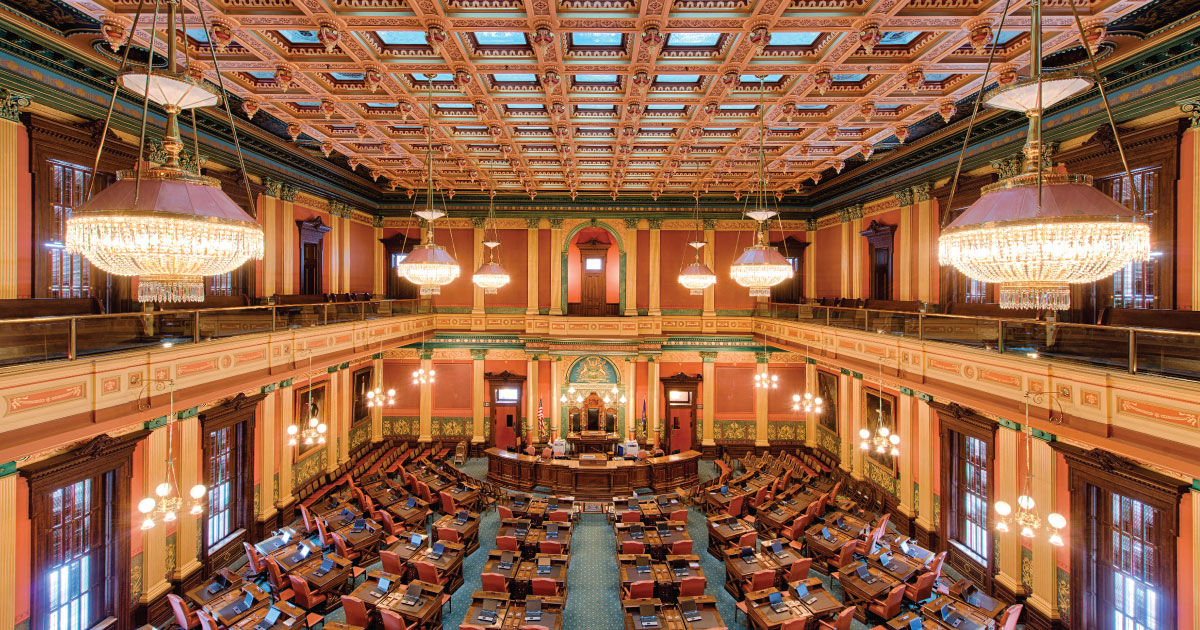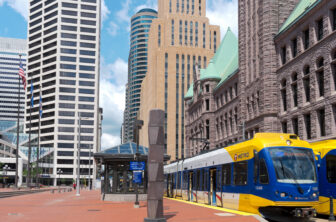Kansas’ Republican dominated ![]() state legislature overrode a gubernatorial veto to raise taxes ending Governor Brownback’s failed supply side tax cut experiment. That, as we have explored previously, resulted in an economy lagging the nation and budget shortfalls that required reduced spending on education and other basic services.
state legislature overrode a gubernatorial veto to raise taxes ending Governor Brownback’s failed supply side tax cut experiment. That, as we have explored previously, resulted in an economy lagging the nation and budget shortfalls that required reduced spending on education and other basic services.
The Washington Post reports that 18 of the state’s 31 GOP senators and 49 of the 85 Republican members of the House voted to increase “taxes on the state’s wealthiest residents from 4.6 percent to 5.2 percent this year and 5.7 percent next year. Marginal rates on less affluent Kansan households will increase as well, from 4.6 percent to 5.25 percent by next year for married taxpayers making between $30,000 and $60,000 a year and from 2.7 percent to 3.1 percent for those earning less than that.”
So a majority of Kansas Republicans voted to increase the state’s graduated income tax for married taxpayers making more than $30,000 to rates higher than Michigan’s current flat 4.25 percent rate.
Why? Because more than two thirds of the legislature understood that investing in public services, particularly education, was of more value to Kansans’ future well-being than lower taxes.
As Stephen Henderson wrote in a terrific Detroit Free Press column this is a lesson Michigan’s elected officials need to learn quick. Michigan has been traveling the same low taxes are the key to economic well-being path for two decades. With the same dismal economic results. (See our new report for the details.)
In addition to relearning the lesson that public investments––particularly in education from birth through college and infrastructure, basic services and amenities––matter, Kansas should teach us about the importance of elections. Many of the Kansas Republicans who voted for the tax increase campaigned in contested Republican primaries on the need to raise taxes to fund important public services.
Obviously, as Henderson makes clear, there are no signs of Michigan Republicans, including Governor Snyder, abandoning the lower taxes is the answer crusade. There the debate has been over how much more to cut.
But what is arguably most disturbing is the near complete absence of Michigan Democrats campaigning on raising taxes to pay for needed public services. Overwhelmingly Michigan Democrats believe that public investments are the key to economic prosperity. But with very few exceptions, they have been unwilling to make the case that they need to be paid for.
Why is it that Kansas Republicans can campaign on raising taxes through a graduated income tax to pay for education and other vital public services and Michigan Democrats––who claim to value those services––won’t? Why is it that Michigan Democrats (and Republicans) believe that Michigan voters, unlike Kansas voters, don’t understand that there are public services that matter that must be paid for by reversing two decades of tax cuts?
It’s time we stop pretending that we can have the public investments we need and not have to pay for them. Just as in Kansas, now is the time for candidates to lead and take to the voters ideas on how to pay for the public investments that are essential to improving the economic well-being of all Michiganders. To make the case that the value of the investments is worth the cost of paying higher taxes.







